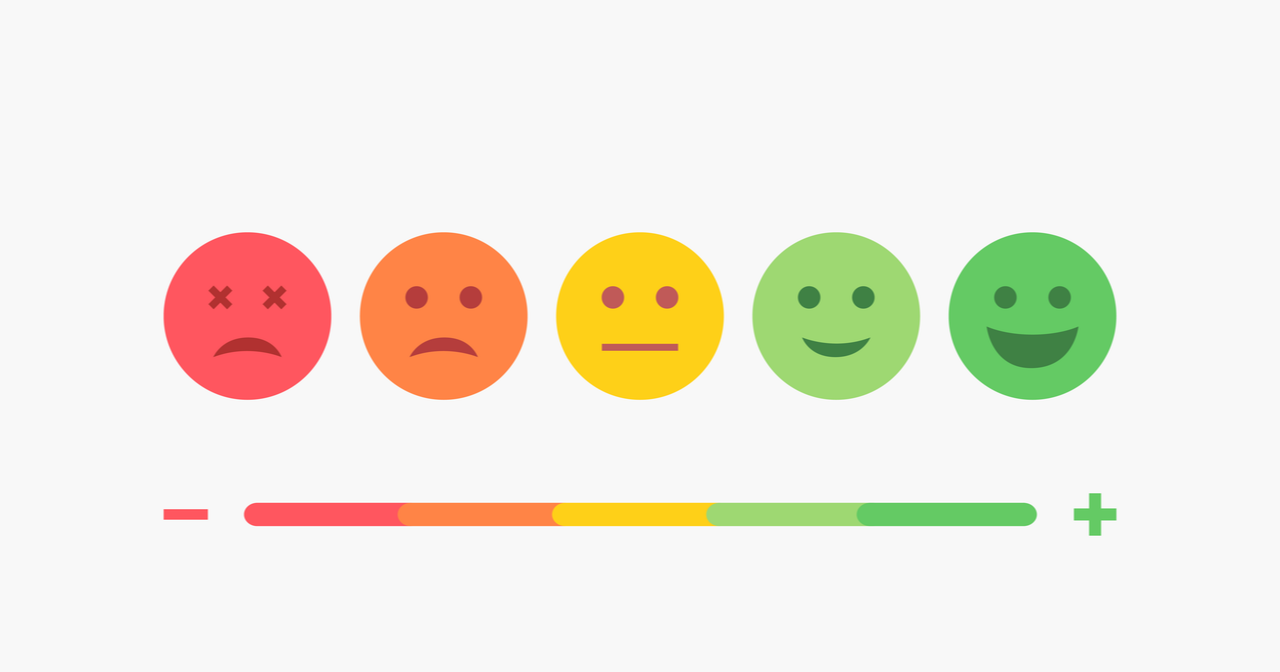Lessons From Surah Yūsuf
Part 1 | Part 2 | Part 3 | Part 4
I discussed in my last article the conduct of Yūsuf’s عليه السلام brothers, their nurturing of negative thoughts, and how this led them to agree on a ridiculous course of action.
It is important to note here that negative thoughts, in fact, stem from emotions.
Not all emotions are bad. They are the basis for empathy, building strong relationships, and making good decisions. But negative emotions can also destroy relationships and lead to very bad decision making.
This is why having the ability to control our emotions and realising the effect they have on our reactions is of key importance.
Some people allow their emotions to influence their behaviour. For example, a child might hit someone for taking their pen, or scream because their sibling made them die in Fortnite (I know, right, what is the world coming to?).
Adults do it too. You might have been driving and attempted to get somewhere on time, with the children being in the back. But then you get stuck in a red light or make a wrong turn and you just feel really irritated. Then you start shouting at the kids to quieten down. On that very moment you are being reactive. You are allowing external stimuli, which have stirred certain emotions from below, to affect your behaviour towards the people around you.
Have you ever been trying to juggle house chores, and then your 7 year old smashes a glass in the kitchen? Even though you knew it was an accident, you might lash out and call him a clumsy little toe rag (okay, maybe that is pushing it a little too far, but you know what I mean).
Understandably, you have things to get done, and places to go. But being reactive does not improve the situation. Furthermore, it is painful for both you and the people around you to deal with that kind of character.
External stimuli will always be there; you can never change what is happening out there no matter how hard you try. The only thing you have any power over is yourself: the way you work, the way you respond, and how much you ALLOW your emotions to control you.
It might be a new idea for you to consider that your emotions are actually not YOU, nor are they an indication of what is always the truth.
They are feelings, and as is the case with all feelings, they are subject to change.
So HOW can you get more control over your emotions?
The brothers of Yūsuf عليه السلام erred severely when it came to dealing with their emotions in a sensible way. They hid their emotions from their father, whose love they claimed to want, and then came to a ridiculous solution amongst themselves. They were fully aware that if their father ever found out what they did to Yūsuf, that could massively impair their relationship with him.
When Shayṭān was told to bow to Ādam عليه السلام, he internally felt jealous and wronged. He was strong and made of fire. Furthermore, he had worshipped Allah for so long, and felt betrayed when this creature from mud had been given preference over him. He allowed those emotions to fire up inside of him, which then led him to make the worst decision which has ever been made in history.
Do not ignore and repress your emotions. That is not going to help, and will in fact probably make the situation a lot worse.
People who feel sad often ignore this emotion and try to hide it. Over time, however, they can become severely depressed, which can then lead to suicidal thoughts.
People who are constantly afraid and continue to engage in fight or flight mode on a day to day basis – due to conditions or people around them – are in serious danger. They can end up with severe burnout, chronic anxiety, or PTSD symptoms.
You cannot run away from your emotions. Instead, you need to face them.
You need to acknowledge what you are feeling and pinpoint what you think made you feel that way. You need to look at all the other possibilities and how the situation could have a different explanation. (I promise you that the red traffic light is not your sworn enemy, and it could quite possibly be Allah protecting you from harm that may have been further ahead.)
Now, what is a good way to cope with this feeling?
What you need here is some sort of action plan. If it was someone’s words or actions that irritated you then you can ask them – when you are BOTH CALM – what their reasoning was (and a lot of times you will find that it was vastly different to what you assumed).
If you cannot think of ideas yourself, then ask sensible people that you trust (not people who give bad solutions and only ever take your point of view, or tell you to do random things like throwing people in wells).
By asking the right people, you may find that there are more solutions available than you may have initially imagined (plastic cups do not smash).
Do not try to take action or trust yourself to say the right thing when you are in the height of emotion. You will very likely not be able to use the rational part of your brain.
Furthermore, it is wrong to believe that simply reading the information found in this article will mean that from this point on you shall be a calm person. That is very unlikely. As with all things, practice makes perfect. We have lived as reactive individuals for so many years of our lives. So be patient with yourself, reflect on how each day goes, plan ahead, and visualise how you should and would like to do things differently. Keep renewing your intentions and your thoughts. Positive visualisations end up slowly becoming actions over time. The idea is to never give up; it is not all or nothing (like that time you ate a whole cheeseburger while you were dieting and then thought, “Forget the diet”.)
Please do not do that with this.
For as long as you are alive, there is hope that you can grow as an individual (some desi aunties will beg to differ), and you can become stronger from the inside.
Source: www.islam21c.com









